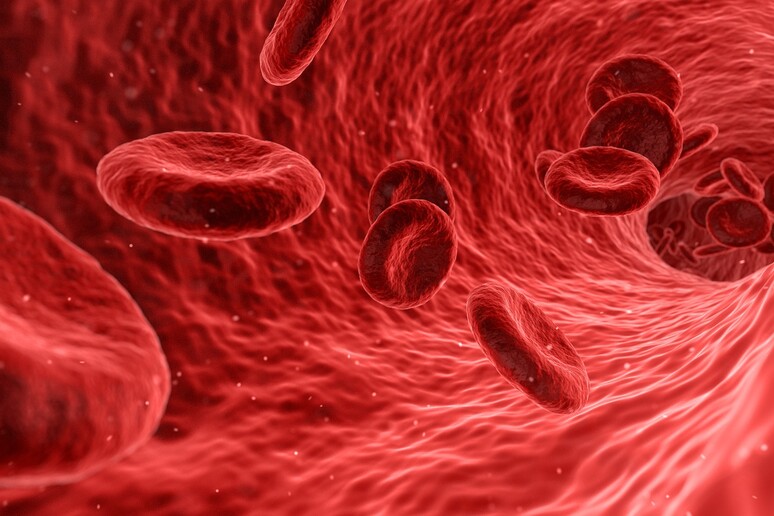Tests with mice and cell cultivars have shown promise that programming and treating bone-marrow cells with a simple mRna injection could help find new ways of treating tumours and many other genetic diseases, according to a study led by Laura Breda of the children’s hospital in Philadelphia, coordinated by Stefano Rivella of the University of Pennsylvania, and published in Science.
The tests use the same technique as Rna-based vaccines, directly transferring into the cells generic fragments capable of reprogramming them, for example in order to avert rejection in the case of bone-marrow transplants.
The result is seen as very encouraging but experts urge caution before testing the techniques on humans.
“What we have tested is in fact a method to succeed in sending genetic information inside the cells of a patient and changing their behaviour,” Rivella told ANSA.
“We are using lipidic particles used in COVID-19 vaccines, on which we have added a different antibody which, like a GPS, guides them towards the cells into which they must go and there release a content, in the form of mRna,” he explained.
“This information tells them what to do,” he added.
The next steps in the research envisage tests on non-human primates and it could take between five and 10 years to reach the stage of human testing.
Riproduzione riservata © Copyright ANSA













